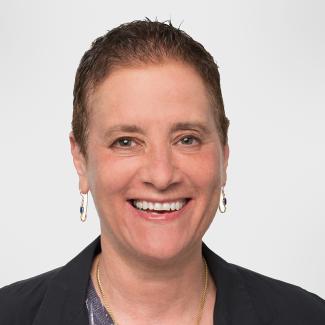
Blockchains have demonstrated that it is possible to provide a societal function, namely fiat money, that has so far required a central trusted party. This surprising fact compels further study: what other societal functions are technically feasible to achieve via decentralized systems? Which of these are socially desirable? What are the economic, legal, and ethical implications?
Indeed, the combination of proofs and consensus promises decentralized versions of functions that are currently top-down or centralized: PKIs, contracts, banking, markets, auctions, and elections. Meanwhile, the absence of authorities raises questions in social science, such as the proper distribution of power across stakeholders (miners, developers, users, regulators). Other questions surround the legality and ethics of blockchains (example: when there is no central party to complain to, how does one remove harmful content from the blockchain?).
This workshop will consider the implications of combining proofs and consensus. We will highlight research that studies intriguing new applications as well as the fascinating and urgent economic, legal, and ethical questions.
Further details about this workshop will be posted in due course. Enquiries may be sent to the organizers at this address.
All events take place in the Calvin Lab auditorium.
Yehuda Afek (Tel Aviv University), Christian Badertscher (University of Edinburgh), Eliyahu Ben-Sasson (Technion - Israel Institute of Technology), Amey Bhangale (The Weizmann Institute of Science), Dan Boneh (Stanford University), Joseph Bonneau (NYU), Jonathan Bootle (IBM Research- Zurich), Benedikt Bünz (Stanford University), Jing Chen (Stony Brook University and Algorand Inc.), Alessandro Chiesa (UC Berkeley), Vincent Danos (CNRS), Primavera De Filippi (Harvard / CNRS), Stefan Dziembowski (University of Warsaw), Ittay Eyal (Technion), Eli Gafni (UCLA), Chaya Ganesh (Aarhus University), Sergey Gorbunov (University of Waterloo), Prahladh Harsha (TIFR), Justin Holmgren (Princeton University), Stephanie Hurder (Prysm Group), David Jefferson (Lawrence Livermore Natonal Laboratory), Konstantin Kakaes (MIT Technology Review), Yael Kalai (MSR), Jiasun Li (George Mason University), Michael Luby (ICSI), Giulio Malavolta (Friedrich-Alexander University (Erlangen-Nürnberg)), Dahlia Malkhi (Calibra), David Mazières (Stanford University), Tal Moran (IDC Herzliya), Yaacov Nissim Kobliner (Georgetown University), Claudio Orlandi (Aarhus University), Sunoo Park (Harvard/MIT), Rafael Pass (Cornell University), Oxana Poburinnaya (Boston University), Christos-Alexandros Psomas (Carnegie Mellon University), Omer Reingold (Stanford University), Amit Sahai (UCLA), Abhi Shelat (Northeastern), Elaine Shi (Cornell University), Clara Shikhelman (Tel Aviv University), Eran Tromer (Tel Aviv University), Peter Van Valkenburgh (Coin Center), Muthuramakrishnan Venkitasubramaniam (University of Rochester), Angela Walch (UCL), Michael Walfish (NYU), Nils Wernerfelt (Facebook), Eylon Yogev (Technion - Israel Institute of Technology), Vassilis Zikas (University of Edinburgh), Aviv Zohar (The Hebrew University of Jerusalem)



